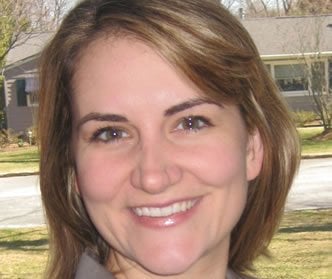Tips for Speech Pathology Graduate Students
Embarking on an educational journey that explores all forms of communication sciences and disorders is ... Read more
Written by: Tracy Carr-Marcel, Ph.D., MS CCC-SLP
Published on: May 24, 2016
Current and previous articles on speech-language pathology (SLP) related topics. SDN publishes new articles, interviews, podcasts, and features every weekday.
The Student Doctor Network was founded by students in 1999 to help students become doctors. All articles are provided free as part of our nonprofit educational mission.
Articles are listed below in reverse date order:
Embarking on an educational journey that explores all forms of communication sciences and disorders is ... Read more
Written by: Tracy Carr-Marcel, Ph.D., MS CCC-SLP
Published on: May 24, 2016
Jennifer Hatfield shares her thoughts on the field of speech language pathology and offers some advice for students.
Written by: Juliet Farmer
Published on: November 24, 2013
Tatyana Elleseff shares her thoughts on the field of Speech Language Pathology and offers some advice for students.
Written by: Juliet Farmer
Published on: November 10, 2013
G. Robert Buckendorf shares his perspective on the field of speech pathology and advice for students
Written by: Juliet Farmer
Published on: June 17, 2012

Kimberly O. Scanlon discusses her thoughts on the field of speech-language pathology and shares advice for students.
Written by: Juliet Farmer
Published on: February 12, 2012
Felicia Sison Conlan shares her insights about the field of speech-language pathology and the opportunities it offers students.
Written by: Juliet Farmer
Published on: December 11, 2011